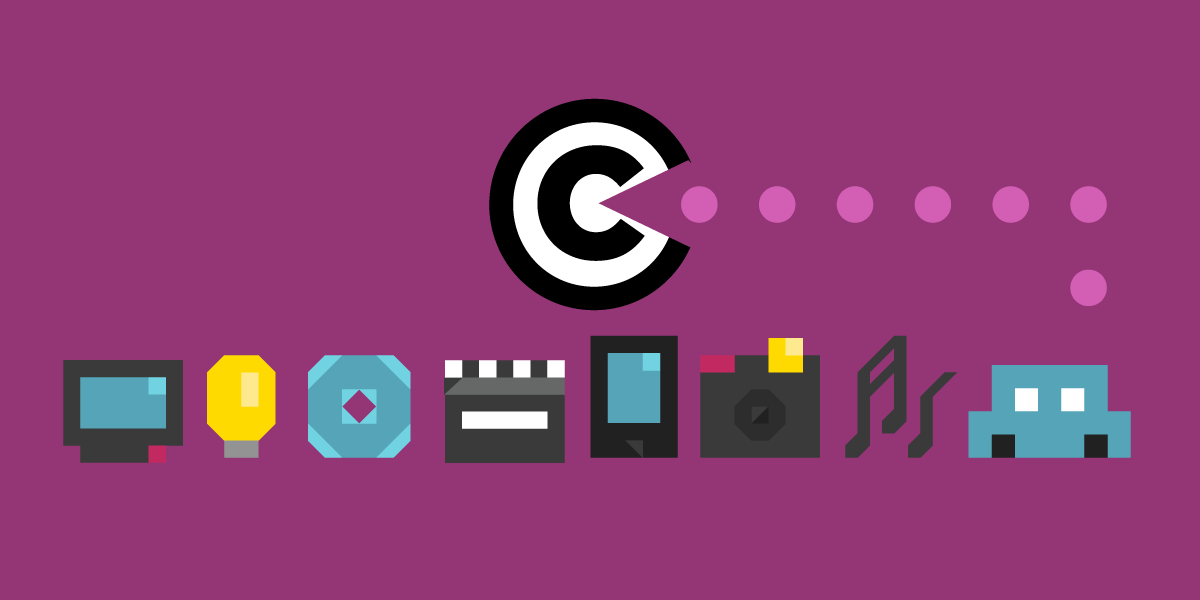More than ten years after the failed attempts by the United States Congress to pass legislations like SOPA and PIPA, a new group of lawmakers is preparing to revive these controversial initiatives. The “Foreign Anti-Digital Piracy Act” (FADPA) is the main project seeking to grant copyright holders the ability to request court orders for Internet Service Providers (ISP) and Domain Name System (DNS) providers to block entire websites, raising concerns about the creation of an “internet kill switch”.
The proposal has been met with strong opposition, as many believe it represents a direct threat to a free and open internet. Organizations such as the Electronic Frontier Foundation (EFF) have expressed their opposition, reminding that historically Americans have shown a strong aversion to government online censorship. Despite the focus of these laws on combating what is classified as “piracy”, the potential for abuse is high, as decisions would often be made without allowing for the defense of those affected.
Analysts warn that blocking websites is an ineffective strategy that occasionally causes considerable collateral damage. Many current websites are hosted on cloud platforms and share IP addresses, meaning that shutting down a single domain can impact thousands of others unexpectedly. Additionally, users can bypass these blocks using VPNs or modifying DNS settings, tools that have gained relevance in environments where freedom of expression is suppressed.
The EFF and other digital rights advocates are calling on the public to unite in the fight against these legislative proposals, insisting that combating piracy should not compromise rights to freedom of expression and access to information. These experts classify blocking laws as unnecessary and ineffective, emphasizing that the current thriving entertainment context does not justify the implementation of new censoring measures.
With FADPA under evaluation and new proposals on the horizon, the question now is whether lawmakers will remember the lessons of the past and respond to criticisms that arose after previous attempts to control access to online information. Public opinion becomes essential in defending an open and uncensored internet.
Source: MiMub in Spanish










